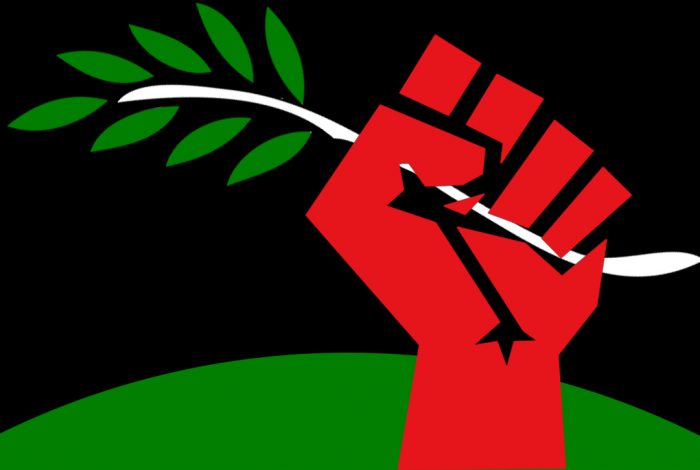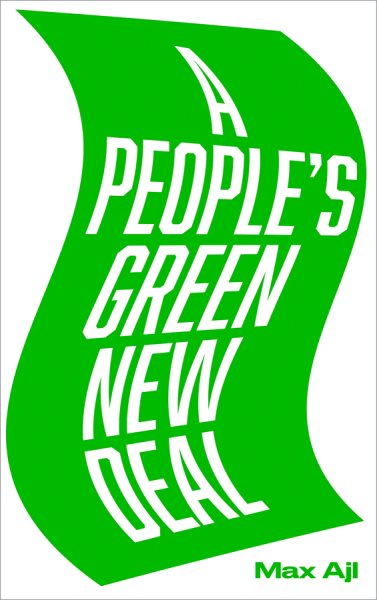Max Ajl interviews radical geographer and activist Habib Ayeb. Habib Ayeb is a founder member of the NGO Observatory of Food Sovereignty and Environment (OSAE) and Max Ajl is a Postdoc at Wageningen University’s Rural Sociology Group, associate editor at Agrarian South and the author of A �ʱ�DZ����’s Green New Deal.
Max: Habib, you have made many films and written at length about food sovereignty in Tunisia and in Egypt. Can you start by telling us how you see the conversation around food sovereignty in this part of the world?
Habib: In recent years, the issue of food sovereignty has begun to appear in academic and non-academic debates, and in research as well – although more tentatively – in all the countries of the region. That said, the issue of food and thus agriculture has always been important, both in academic research and public debate, as well as the academy, political institutions, and elsewhere. During the 1970s and 1980s, in Tunisia and throughout what was called the Third World, we spoke mainly of food self-sufficiency. This was, in a way, and at that time, a watchword of the left – a left that was modernist, developmentalist and statist.
If I’m not mistaken, I believe that the concept of food self-sufficiency dates from the late 1940s with the wave of decolonization, which began after the Second World War, and probably also dates to the great famines which claimed millions of lives in India and other areas of the South. Furthermore, many states, particularly those governed by the state-socialist regimes that had acquired political independence during the 1950s and 1960s, had initiated Green Revolution policies. These had the aim of achieving food self-sufficiency to strengthen political independence, in a Cold War context wherein food was already used as a weapon and a means of pressure in the context of the confrontation between the USSR and the Western bloc. It is in this context that the experiences of agrarian reforms and agricultural co-operatives in Tunisia (from 1962), in Egypt (from 1953) and in many other countries had proliferated. But almost all of these experiments ended in failure or were aborted by liberal counter-reforms, which were adopted everywhere beginning in the 1980s amidst the victory of liberalism, the USSR’s disappearance, and the development of a global food regime, and its corollary: the global market for agricultural products and particularly cereals.
It is at this point that the concept of food security, based on the idea of comparative advantage began to gradually dominate. It would appear for the first time in the official Tunisian texts in the sixth Five Year Plan of the early 1980s, in which the formula of food self-sufficiency would give way to that of food security. From then on, agricultural policies would favour agricultural export products with a high added value, whose revenues would then underwrite the import of basic food products.
Paradoxically, agricultural issues, food issues, and rural issues writ large would gradually disappear from academic agendas. There was a sharp reduction in funding for research on the rural world, and instead it went first, to the urban research profile, but also to examine civil society and political organizations. It was not until 2007/2008 and the great food crisis that agricultural and food issues, and furthermore the peasant question with its sociological dimension, would reappear in public debates focused on these matters. It was during the same period that the concept of food sovereignty, proposed by Via Campesina in 1996, would appear in Arab countries and to a much lesser extent in research. Even today, many use the food sovereignty frame to talk about food security, even while the two concepts are radically opposed, even incompatible.
Read More »







